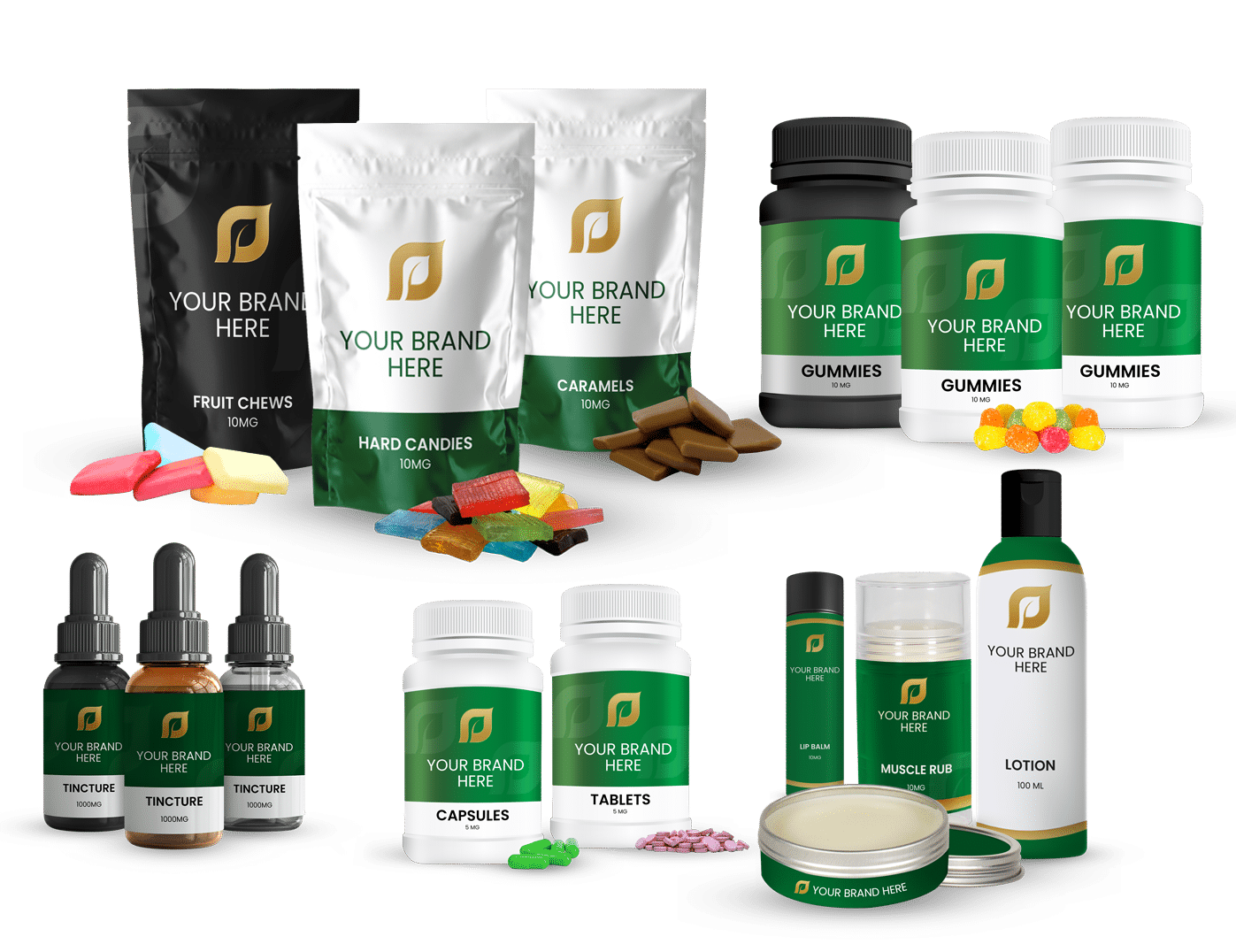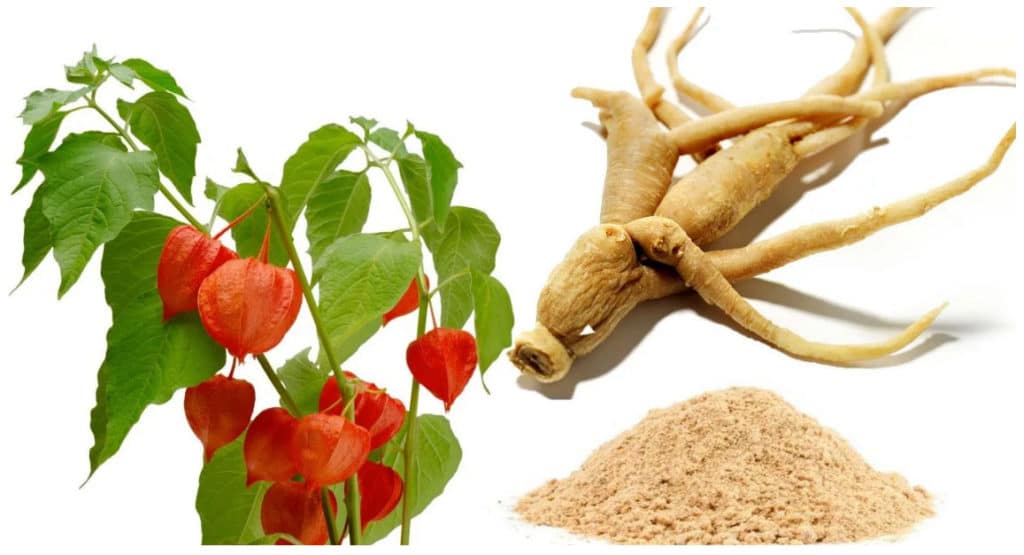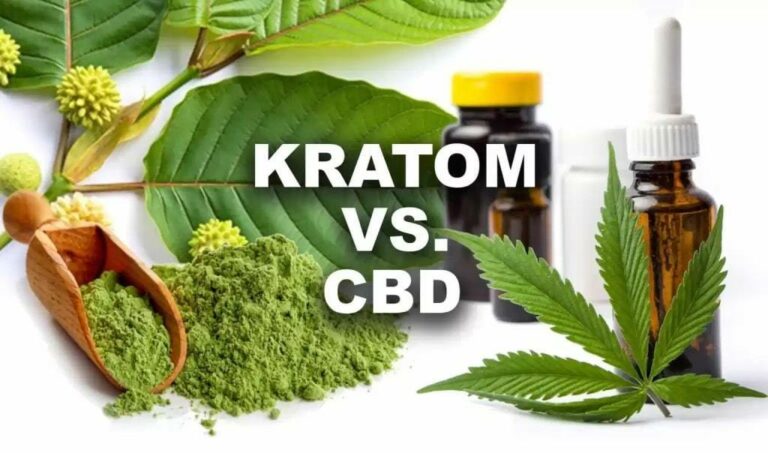A little stress in response to an injury, pressure at work, or lifestyle habits is normal. However, when you’re going through so much stress that you feel sick, drained, and almost paralyzed; your Cortisol levels may be too high.
Life can get crazy, but your body should be able to monitor Cortisol levels independently. Sometimes, all it takes is a short jog down a few blocks, playing your favorite music, or time around supportive friends.
But when none of these stress-relieving options are effective, your quest for a different, effective solution may begin with CBD. Here’s all you need to know about Cortisol and CBD.
Table of Contents
ToggleWhat Is Cortisol?
Cortisol is a stress hormone that works with the endocrine system. Cortisol communicates to your brain, alerting it of some danger or pressure to trigger your body to respond accordingly towards avoiding the threat. (1)
The Cortisol hormone is produced in the adrenal glands and stored in the pituitary gland and hypothalamus. (2)
Cortisol hormone monitors significant body functions. Such functions include:
- Monitors blood pressure
- Regulates metabolism
- Memory retention
- Regulates blood sugar
- Regulates sleep
- Manages inflammation
Cortisol can affect the above-listed body functions, depending on the hormone levels. Too much or too little Cortisol in your system creates an imbalance in body functions that may trigger higher-than-usual stress levels.
What Triggers an Increase in Cortisol Levels?
The body should produce enough hormones for specific functions throughout the body. For varying reasons, your body may produce more Cortisol than it needs.
The following may trigger an increase in Cortisol production:
- Tumors in the pituitary gland
- Certain medications
- Stressful situations
- Tumors on the adrenal glands
Usually, you don’t need to intervene when you’re experiencing the mental and physical effects of increased Cortisol levels because soon, the hormone levels balance out and go back to normal. However, you’re in trouble when the body can’t balance Cortisol levels.
What Too Much Cortisol Does to Your Body
Your overall health will suffer if your Cortisol levels spike and fail to go down. Considering Cortisol is a stress hormone, having too much Cortisol running through your system means you’re always on high alert.
This alertness means feeling a pit in your stomach, tightening in the chest, heart beating fast, shortness of breath, panic, sweating, or feeling moody.
Being in a constant state of stress can exhibit in many ways, including the following:
Poor Mental Health
Poor mental state can worsen stress and force you into bad habits like drugs and alcoholism, which many turn to as a coping mechanism.
Mental Fog
The inability to recall simple things or being forgetful all the time can result from the mental fog that occurs due to too much stress. If you do nothing to lower Cortisol levels, you’ll have difficulty concentrating, and the problem will worsen.
High Blood Sugar Levels
High Cortisol levels can trigger high retention of sugar in the bloodstream. This retention could open a can of worms and raise other serious health complications.
Normal Cortisol levels prompt the production of glucose to supply enough energy to function. High Cortisol levels thus mean that you have more glucose production than your body needs, leading to high blood sugar.
High Blood Pressure
Too much Cortisol in your system can narrow your blood streams and cause a sudden temporary increase in heart rate. This increase means your heart has to pump harder to push blood to different parts and organs of your body.
Usually, your blood pressure will reduce after the Cortisol levels balance out. But your blood pressure remains dangerously high when you have high Cortisol levels. Thus, not only will you suffer mental or emotional stress, but you will also undergo immense physical stress.
Disturbed Sleep
Your inability to stay asleep for at least eight hours daily can result from high Cortisol. Most people with higher Cortisol suffer wakefulness when their brain is in a constant state of alertness.
Some cases are so bad that you may struggle to fall asleep and stay awake through the night. Sleep deprivation can cause fatigue and low productivity and interfere with your day-to-day life.
Unhealthy Weight Gain
Due to a lack of motivation and reduced productivity that comes with increased stress levels, one is more likely to remain still and motionless for the better part of the day. High Cortisol levels can also cause you to eat more than usual.
These changes can cause you to gain weight fast, especially if you do nothing to diet or commit to regular exercise.
Cardiovascular Disease
High blood sugar, high blood pressure, excess weight gain, and stress caused by high Cortisol levels can induce Cardiovascular disease. (3)
CBD and Cortisol: Does CBD Lower Cortisol?
High Cortisol levels, if left unchecked, can induce specific disorders in the body. CBD-Cannabidiol is a non-conventional treatment option for people with high-stress levels.
While research is still underway on how effective CBD treatment is for alleviating different disorders in the body, many who’ve tried it confess to feeling better after taking CBD-based products.
When you are incredibly stressed, your body is on high alert, and when everything you try to do does not calm you down, you can feel lost and stuck. This is where CBD comes in.
What Is CBD?
CBD is a cannabinoid derived from the hemp or Marijuana plant that has yielded positive results in alleviating different physical and mental irregularities in the body. CBD interacts with the endocrine system when ingested orally or applied topically.
Your body has natural cannabinoid receptors spread across the body. Most of these receptors are found in glands such as the adrenal glands, which generate Cortisol. CBD can affect how much hormone is stored and produced in these glands, thus lowering Cortisol levels and alleviating stress levels.
There’s no proof confirming a valid connection between Cortisol and CBD, but there’s enough information from CBD users to indicate that CBD can likely regulate Cortisol levels in the body.
In some cases, CBD helps lower Cortisol levels and addresses health complications like heart disease and high blood pressure.
Which Is Better for Lowering Cortisol? Slow Release or Fast Uptake CBD
To achieve stress relief, both slow release and fast uptake of CBD can help regulate Cortisol levels. Some prefer to take a few CBD tincture drops for fast-acting relief when they feel too stressed or overwhelmed.
Others prefer to address the issue preemptively by taking a CBD supplement capsule one or more times per day.
So does CBD oil lower Cortisol? Yes! CBD does appear to have a cortisol lowering ability.
Other Ways You Can Monitor Cortisol Levels
Do you think your Cortisol levels have been too high lately? No need to worry; there’s a lot you can do to keep your Cortisol levels in check without rushing to your doctor first.
Some natural remedies you can try for a stress-free lifestyle include:
Getting Plenty of Sleep Using CBD
High Cortisol levels can interrupt sleep patterns and cause sleep deficiency. But if you do nothing to try to sleep, the situation can get worse.
Consider creating a conducive sleep environment to encourage sleeping better for longer, even when your Cortisol is running high. Turn the lights off, make sure it’s quiet and buy a comfortable bed.
If this doesn’t yield results, consider taking CBD for sleep. CBD oil can help you sleep better for a refreshed and productive day. (4)
Exercising

From running to stretching and lifting weights, exercising daily for at least 30 minutes can increase your mood dramatically. Exercising can help you feel calmer and relaxed, especially when dealing with increased stress and anxiety.
Exercise has been proven to be an excellent way of managing Cortisol levels. (5) Moreover, you simultaneously get to keep your body weight in check.
Meditating
Meditating and spending time in quietness are powerful stress management tools. Studies show that regular meditation can reduce stress. If you’re new at it or don’t know how to meditate, consider taking a guided class. When you can meditate mindfully on your own, it can open you up to a world of incredible calm and awareness. (6)
Eating Healthy
You’d be surprised that much of the stress you suffer has a lot to do with your food choices. Maintaining a healthy eating pattern that includes eating a balanced diet even when stressed can keep your Cortisol levels in check.
Consider eating whole foods such as whole grain bread and choosing fresh produce instead of frozen foods. Take plenty of complex carbs and omega-3-rich foods, and you’ll notice a significant decline in stress levels.
Writing a Journal
Think of journaling as having a conversation with yourself. Your journal is a judgment-free zone where you can be completely honest with yourself. Write about the good and the bad, go all out, and write your frustrations, don’t hold back.
Keeping a journal is one of the most effective ways to decompress, keeping your mental state calm and Cortisol levels in check.
Doing What You Love
It’s everything from movies, sports, dancing, reading, etc. Whatever you find great pleasure doing, consider indulging in that to manage stress. Feel free to explore other activities like DIY projects, completing puzzles, or participating in competitions to find new effective ways to lower stress.
Take Stress Relieving Supplements
There are a variety of supplements that can help you reduce your stress levels. L-Theanine, from green tea, is safe, non-addictive, and can smooth out stress and anxiety. Some studies show that ashwagandha reduces cortisol, and combines well with CBD. (7)
Create a Calming Routine
When your stress levels are so high, what do you do when you feel stuck, unproductive, and paralyzed? Usually, you’d lie or sit there and wait for it to wear off. But how about creating a series of activities to help you get rid of the stress quicker?
Good examples are listening to soothing music, preparing a warm bath, getting a massage, and pretty much anything that gets you feeling good again.
Above are great options for relaxation; consider trying a few things to figure out what works for you and what doesn’t. Gradually introduce new habits instead of bombarding yourself with heavy changes that overwhelm you and cause even more stress.
Cortisol and CBD: Final Verdict
For effective stress management and reduced Cortisol levels, Cannabinoids and Terpenes in CBD have yielded impressive results among patients. There is a wide array of CBD benefits that you can derive without worrying about psychoactive effects or other severe side effects.
If your stress is severe and you are experiencing physical symptoms, it’s always best to get the advice of a medical professional to make sure that there isn’t a more significant underlying issue.
Check out our blog for more resources on CBD treatments and insight on top products for overall physical and mental wellness.
References
- https://www.ncbi.nlm.nih.gov/books/NBK538239/
- https://www.endocrine.org/patient-engagement/endocrine-library/hormones-and-endocrine-function/adrenal-hormones
- https://www.medicalnewstoday.com/articles/324872#heart-failure
- https://www.medicalnewstoday.com/articles/cbd-and-sleep
- https://journals.lww.com/acsm-healthfitness/fulltext/2013/05000/stress_relief__the_role_of_exercise_in_stress.6.aspx.%C2%A0
- https://pubmed.ncbi.nlm.nih.gov/24395196/
- https://www.ncbi.nlm.nih.gov/pmc/articles/PMC6979308/








